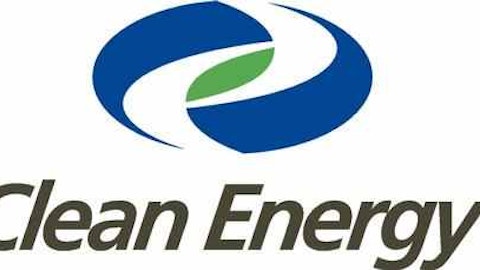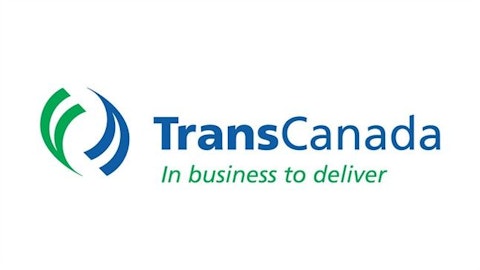Kinder Morgan Energy Partners LP (NYSE:KMP) is a master limited partnership based in the United States. Kinder Morgan recently completed a merger with competitor El Paso Pipelines to become the largest mid-stream energy company in the US. Boasting over 72,000 miles of pipeline, Kinder Morgan is also the third largest energy company in the country overall. As we see natural gas become more and more prevalent in our day-to-day economy, Kinder Morgan will solidify itself as one of America’s most essential companies.
Kinder Morgan Energy Partners LP (NYSE:KMP) saw the merger with El Paso become accretive to earnings this year, raising its dividend to $1.30, or 5.6%. The company has an operating margin of 27% and continues to expand its presence in natural gas storage and transportation.
The sun is shining on energy production in the US, and natural gas is in the forefront.
Export
As more export terminals are built out, we will see natural gas prices rise in the United States as international demand increases. Companies like DuPont Fabros Technology, Inc. (NYSE:DFT) and The Dow Chemical Company (NYSE:DOW) are looking to keep the glut of American natural gas in the US to depress prices, but to little avail.

Fleet demand
Waste Management, Inc. (NYSE:WM) is one of the first company’s to roll out a large-scale fleet of natural gas-burning trucks, having over 2,000 of these trucks on the road already and 16,000 more that will be converted. Waste Management cites the low cost of natural gas compared to diesel as a major way to decrease expenses. The company currently has operating margins of 13.5% and is looking to increase them by reducing its expenses.
Waste Management, Inc. (NYSE:WM) currently pays out a higher percentage of its earning than its peers in the refuse industry, paying out 81% versus an industry average of 51%. We will continue to see these companies roll out more fleet refueling stations that are open to the public, further increasing demand for natural gas.
Resistance to pipelines
In the wake of the recent Exxon Mobil Corporation (NYSE:XOM) pipeline bursting in Arkansas, more focus was placed on the maintenance of pipelines. If more people resist projects like the XL pipeline project from Canada to the Gulf of Mexico, we will see another industry pick up the slack: railroad operators. Companies like Union Pacific Corporation (NYSE:UNP) have already been sending more cars to areas that contain natural gas fields to make up for the lack of pipeline infrastructure.
Railroads like Union Pacific are a more expensive alternative to moving black gold and compressed natural gas. Union Pacific Corporation (NYSE:UNP) is also more versatile than Kinder Morgan Energy Partners LP (NYSE:KMP), however, and its cars can easily be modified to move other goods such as automobiles as needed.




